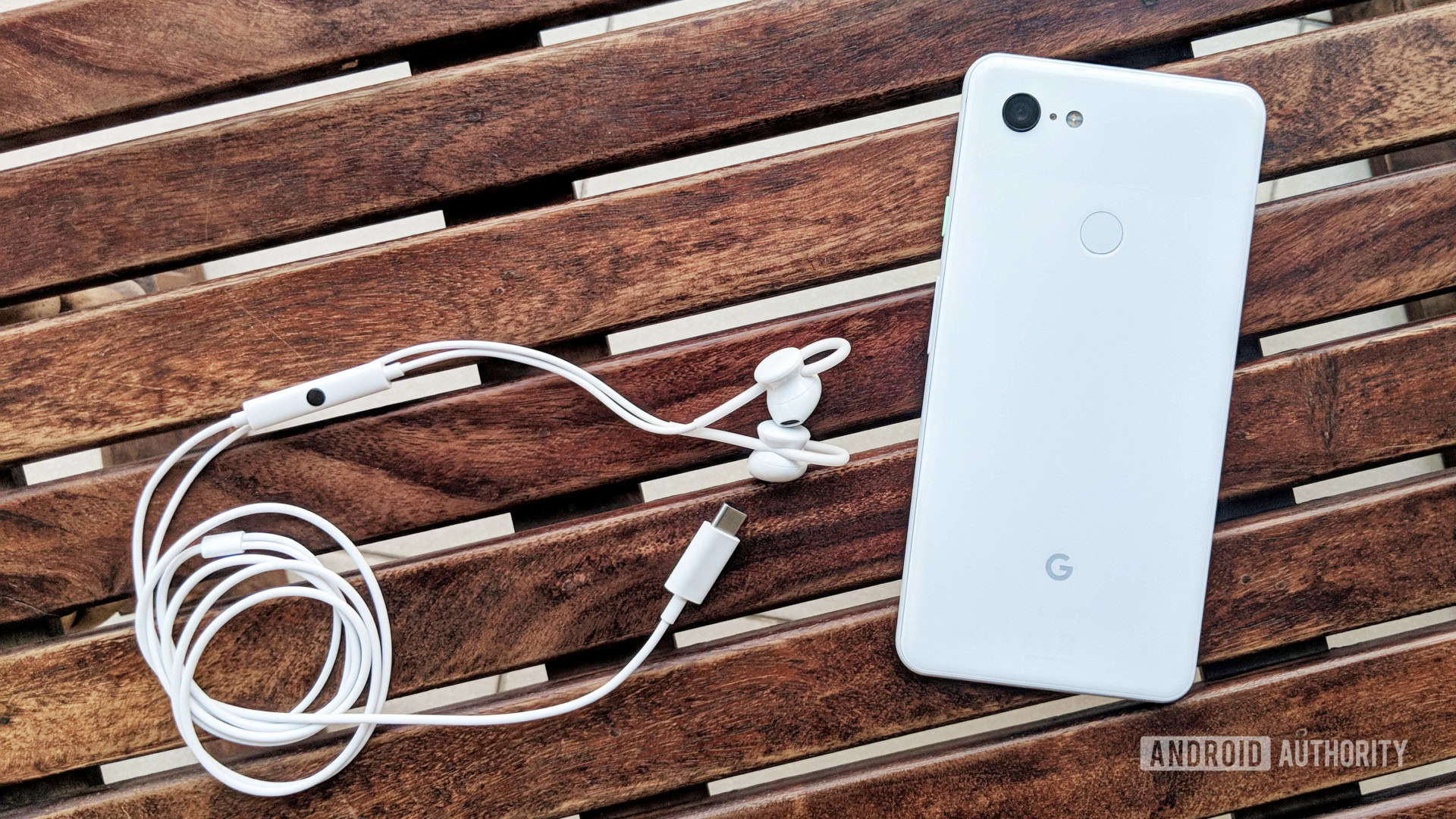Affiliate links on Android Authority may earn us a commission. Learn more.
We asked, you told us: You're still using wired headphones with your phones
February 19, 2021

Bluetooth headphones have improved in leaps and bounds in terms of quality in recent years. Alongside this, more phone manufacturers have dropped the headphone jack, too, pushing consumers to adopt the wireless audio standard. But according to a recent poll, it seems that the majority of Android Authority readers haven’t cut those cables just yet.
In this article, we asked if you’re still using wired headphones on your smartphone. Here’s what you told us.
Are you still using wired headphones (3.5mm or USB-C) with your phone?
Results
We received over 9,000 votes on this poll on the site — it remains a passionate debate among readers. That said, there’s one clear winner. More than 7,000 (72%) votes were cast by users who still use wired headphones on their smartphones, be it through the 3.5mm or USB-C ports. Readers give a slew of reasons why wired audio continues to make sense. No latency, no batteries to charge, and comfort were among the top reasons.
On social media, this divide is a little narrower. On Twitter, 53.4% of voters admit they still use wired headphones while 59% of the vote on YouTube is similarly slanted.
Read more: The best headphones under $100 you can buy
It’s unlikely that wired headphones won’t have a place in the tech cupboard of the near future. Although the 3.5mm jack’s existence is being challenged by smartphone firms, it remains a ubiquitous standard across other personal technologies, like PCs and laptops. USB-C audio has also become an alternative for those devices that have dropped the port. Considering the availability of both standards, it’s unlikely we’ll see wired headphones completely die any time soon.
However, just because readers still use wired headphones doesn’t mean they’ve shirked the idea of Bluetooth buds. Reading through the comments, a number of Android Authority readers employ both technologies at different moments in their day. Read on for more thoughts from the comments section.
Here’s what you told us
- Farhan Ahmad Tajuddin: I used to be a long-time wireless Bluetooth user, so I know the feeling of living with latency lag, short-range, and additional charging despite the portability advantage. I now switched to wired headphones, and never look back.
- Brian Fowler: I tend to use wireless most of the time, especially at work or with podcasts, but when I really want to listen to music, I still prefer wired. One of the main reasons I’ve remained with LG for years.
- KEdRuss: I have been predominately Bluetooth for some time, but I think all devices do really need to keep the 3.5 jack as a backup and hate that both Google and Apple are foregoing it in the hopes of jacking up AirPod sales.
- pda96: Wired headphones all the way. Even if I buy a phone without a jack, I’d still use my wired headphones (via an adapter). Dollar for dollar, wireless headphones don’t sound as good.
- Ryan Fehr: I just bought a Pixel 4a 5G specifically for the 3.5mm jack. I couldn’t stand having to use a dongle on my Pixel 2 XL.
- Mark Kendrick: Personally I haven’t used wired headphones for years, a few before the 3.5mm jack disappeared. The cable would get in the way when working out, so I buy quality BT headphones instead.
- TheTomatoes: I basically use wireless only if I know I’m gonna move a lot.
- Oscar Prøwiz Obians: I use both. But when it comes to sheer audio quality, wired still blows BT out of the water.
- Abdul Muhaimin: Third option: USB-C and headphone jack.
That’s it for this poll. Thanks to everyone who voted and commented. If you have any additional thoughts on the poll results or the merits of using wired or Bluetooth headphones, be sure to drop them down below.
Thank you for being part of our community. Read our Comment Policy before posting.